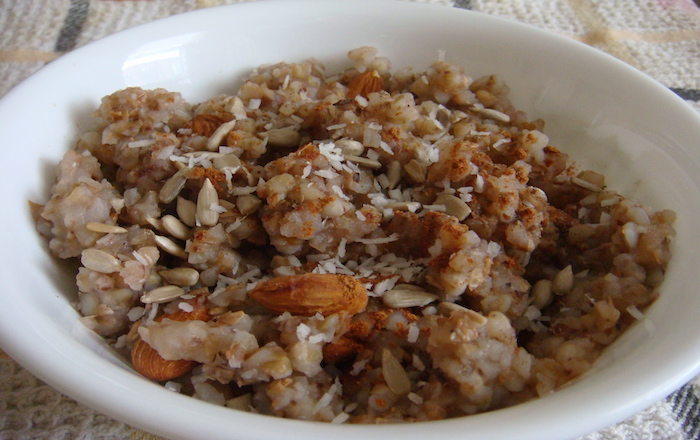We are constantly exposed to new and supposedly groundbreaking diets. The majority of these diets are incredibly restrictive and require significant effort to maintain. Many require the purchase of expensive books, subscriptions or supplements. Nearly all of them fail to educate people on how weight is gained, lost or maintained.
The reality is that diets can be incredibly simple. It doesn’t require specific brands of products. It just requires a basic understanding of our biology, a set of scales and a little time.
Why We Need Food?
When we eat, we consume calories. These calories are simply a measure of energy. The higher the calorie content of a food item, the more energy that is contained within that item.
It is vital that we consume energy because our bodies are constantly using it up. When at rest, we consume energy at our Basal Metabolic Rate (BMR). Although we’re resting, we still need energy to breath, circulate blood around our bodies, grow our cells, digest food and sustain a variety of other processes.
We are, of course, often not a rest. We frequently move around, contracting and relaxing our muscles. This physical activity accounts for a significant amount of energy consumption on top of our BMR.
Surpluses and Deficits
Once you’ve taken all of the above factors into account, each individual has a Daily Calorie Requirement. Each person’s BMR varies based on a number of factors including body composition, age, weight and gender. Energy required for physical activity varies significantly based on a person’s level of activity.
There are then three possible scenarios:
- You consume fewer calories than your daily calorie requirement (a calorie deficit)
- You consume at or around your daily calorie requirement
- You consume more calorie than your daily calorie requirement (a calorie surplus)
These scenarios then determine whether you lose, maintain or gain weight. This is the case because of how our bodies respond to a calorie surplus or deficit.
When you consume more calories than your body requires, the surplus energy isn’t wasted. The human race evolved over millions of years spent struggling to find sufficient food to survive. When surpluses of food were discovered, it was vital that the human body stored the excess energy as early humans lacked the technology to keep food fresh. They also had no guarantee that they would continue to find food, meaning they had to store energy to survive frequent stretches of starvation.
One solution that the human body developed was the storing of energy in fat cells. These cells, which have unlimited capacity, can store any food energy that isn’t immediately required for the calorie-consuming processes listed above. This is why overeating can lead a person to develop fat on their body.
When you consume fewer calories than your body requires, the deficit must be up through stored energy that our bodies can call on, it is one of the options. The energy required is removed from the fat cells, causing them to reduce in size. A calorie deficit is the only diet that you really need.
Keep things Simple
It may come as a surprise that dieting and fat loss can be explained through such a simple process. Just an awareness of the calorie content of the food that you are eating.
The way in which you choose to apply this knowledge should be determined by the urgency of your diet goals. If you’re looking to lose weight relatively quickly and consistently, it is entirely possible to track every calorie that you consume and regularly increase or decrease your daily total based on how your weight and body composition are changing.
Regardless of your goals, an increased awareness of how the food you consume directly influences your weight can make a significant difference to your motivation. Remove the jargon and marketing supplied by diet companies, focusing on the simple internal processes that your body is constantly going through. This understanding can provide you with a sense of control and determination that makes sticking with a weight loss plan far easier than you might expect.
-
Valuable
-
Helpful
-
Taste
-
Preparation


